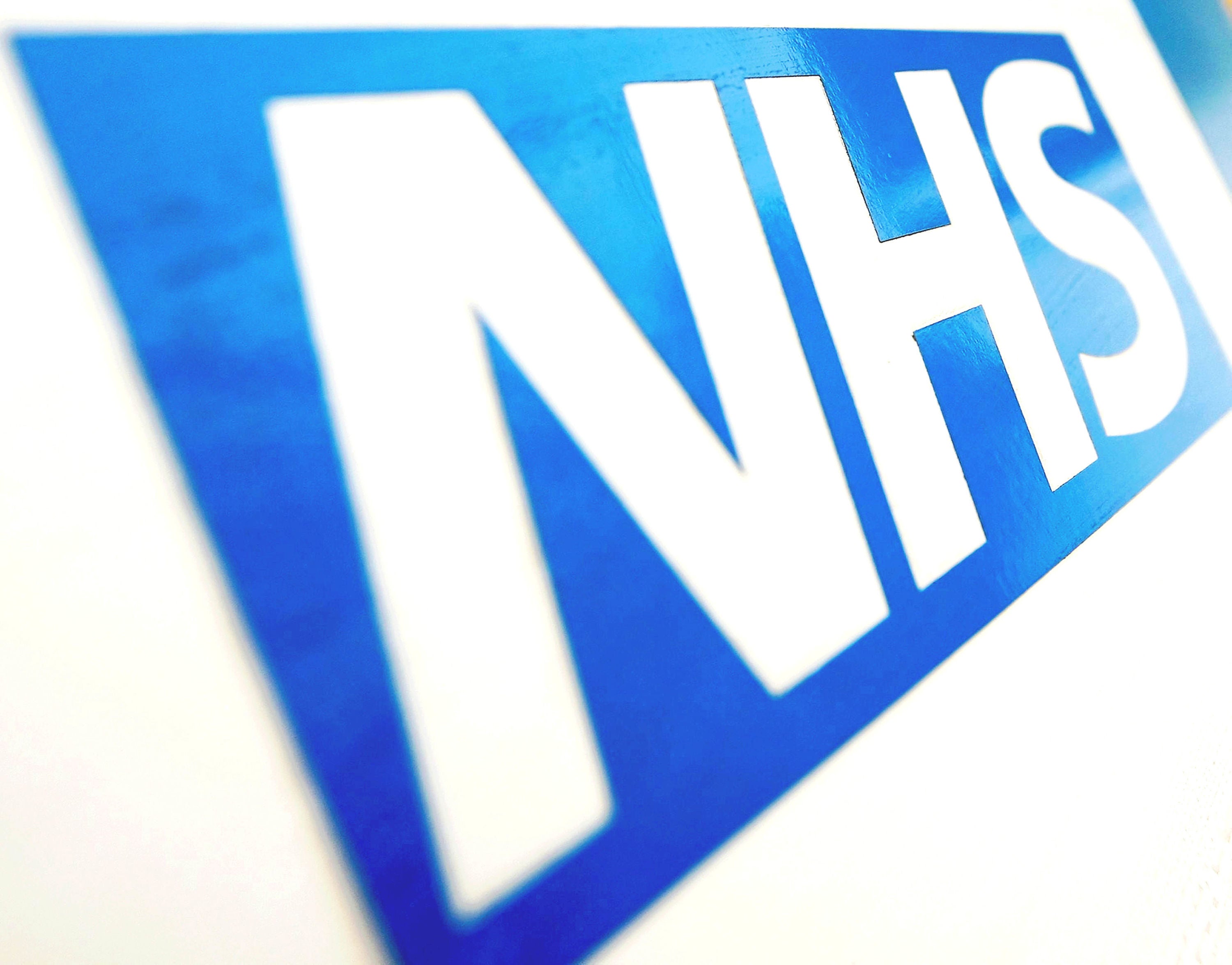Call 999 over early heart attack symptoms, urges new NHS campaign
Campaign comes after poll found fewer than half of people knew to how to respond to symptoms

A life-saving campaign is being launched by the NHS to urge people to learn how to spot signs of a heart attack.
The survival rate for heart attack sufferers is seven in 10, rising to nine in 10 for those who have early hospital treatment.
The most common sign of a heart attack is chest pain, but other symptoms to look out for include chest, arm, jaw, neck, back and stomach pain, lightheadedness or dizziness, sweating, shortness of breath, nausea, vomiting, anxiety, coughing and wheezing.
The health service are encouraging anyone experiencing these indicators to call 999.
It comes after a poll found found that fewer than half of people knew to dial 999 if they or a loved one experienced the more vague signs of a heart attack.
Only 41 per cent of people polled knew sweating was a symptom of a heart attack, while only seven per cent recognised that feeling weak, lightheaded or uneasy were also symptoms.
The NHS campaign is being backed by celebrities, including Sky Sports presenter Peter Dale - known as Tubes - and One Foot In The Grave actor Richard Wilson.
Dale, who experienced a heart attack aged 36, said: “I had no idea that I was experiencing symptoms of a heart attack at the time.
“On the morning of the attack, I went home after playing football thinking I had indigestion - I just didn’t feel quite right and both of my arms started to feel numb.
“I managed to text my mum who called an ambulance and only when the paramedics arrived did I realise this was a heart attack.
“People need to be aware of the symptoms - it’s not a case of clutching your chest and falling to the ground. Early signs aren’t always severe but if you experience any symptoms, call 999. Acting quickly saved my life.”
Wilson said: “I’ve battled with my heart health for a while, and since experiencing a heart attack I’ve really opened my eyes to the impact it’s had on my life.
“I got more tired, I’m able to walk around less and my memory has suffered as well. The scariest part is that at the time I did not know enough about heart attacks or heart health.
“I’d advise everyone, especially those aged 50 and over, to look up the symptoms of a heart attack and if you suspect you have any of these to call 999 immediately.”
Another priority of the campaign is to teach people how to differentiate between a heart attack and cardiac arrest.
According to the health service, there is often no warning and the person quickly loses consciousness when they suffer cardiac arrest.
Those experiencing a cardiac arrest will usually die within minutes if they do not receive treatment.
It also points out that a heart attack can lead to a cardiac arrest.
NHS medical director Professor Stephen Powis said: “Sadly, cardiovascular disease causes a quarter of all deaths across the country and we have identified this as the single biggest area where we can save lives over the next decade.
“This new NHS campaign will be a vital tool in that lifesaving mission - helping people to recognise when they or someone around them is experiencing a heart attack and when to seek early medical help cannot be underestimated.
“It can be easy to dismiss early symptoms as they don’t always feel severe, but it is never too early to dial 999 in this circumstance - and the faster you act, the better the chance of a full recovery.”
Professor Nick Linker, consultant cardiologist and NHS national clinical director for heart disease, said: “Often people don’t realise they’re having a heart attack, either because they don’t recognise the early signs, or because they don’t consider them severe enough to trouble the NHS.
“But make no mistake, a heart attack is a medical emergency, and it’s never too early to call 999 and describe your symptoms.”
Join our commenting forum
Join thought-provoking conversations, follow other Independent readers and see their replies
Comments
Bookmark popover
Removed from bookmarks